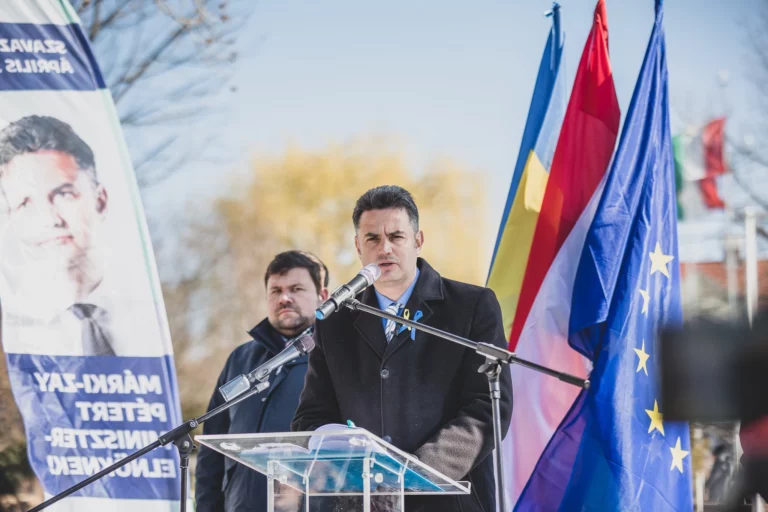NGOs
Sovereignty Protection Office: Transparency International Hungary activity harmful for country

Hungary could build 25,000 new homes yearly

Parking fees in Budapest areas may double if new proposal gets green light

Hungarian minister outraged on NGOs

Hungarian MEP outraged that EU fincances Hungarian Soros organizations

Soros foundation leaves, Hungarian Liberal flagship NGOs in a mess?

Hungary’s media authority slams international criticism on Hungary’s media freedom

Government working on increasing Hungary’s self-sufficiency

Hungarian government regards disabled organizations as strategic partners

PHOTOS: Raoul Wallenberg Prize awarded in Budapest

USA to pump a lot of money to C Europe and Hungary to strengthen democracy

Orbán cabinet signs strategic cooperation agreements with 17 orgs

Newly-founded NGO revealed how they could give EUR 5mn to opposition PM candidate’s movement

Secret services used in Hungary to monitor NGO activity?

Local governments and NGOs to receive the EU funds in Hungary?

Child protection referendum: civil groups campaigning for invalid votes must pay a fine!

Hungary to conquer the world with a brand new dessert!





 ZH
ZH IT
IT DE
DE HR
HR NL
NL FR
FR JA
JA RO
RO RU
RU ES
ES TR
TR
